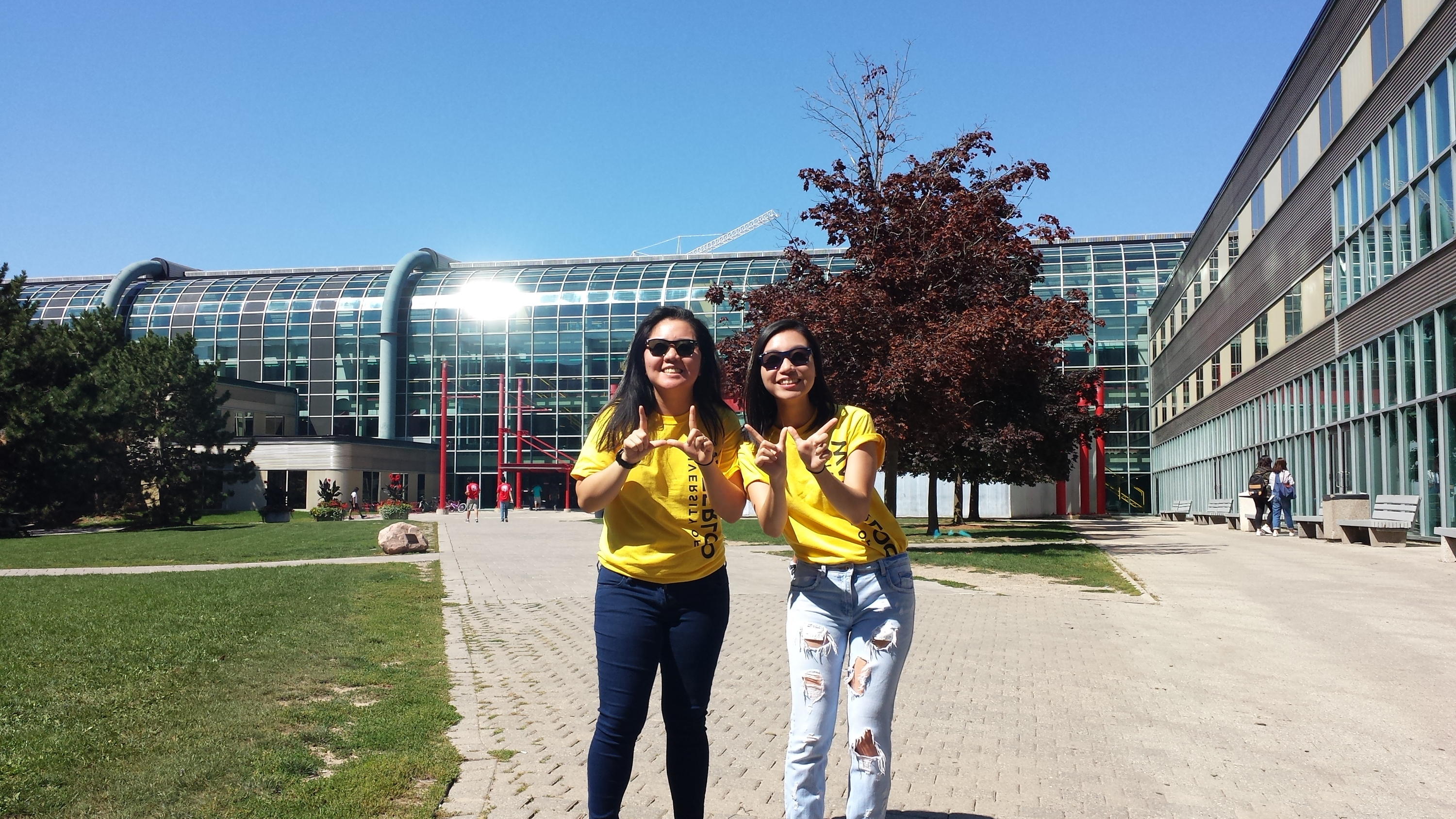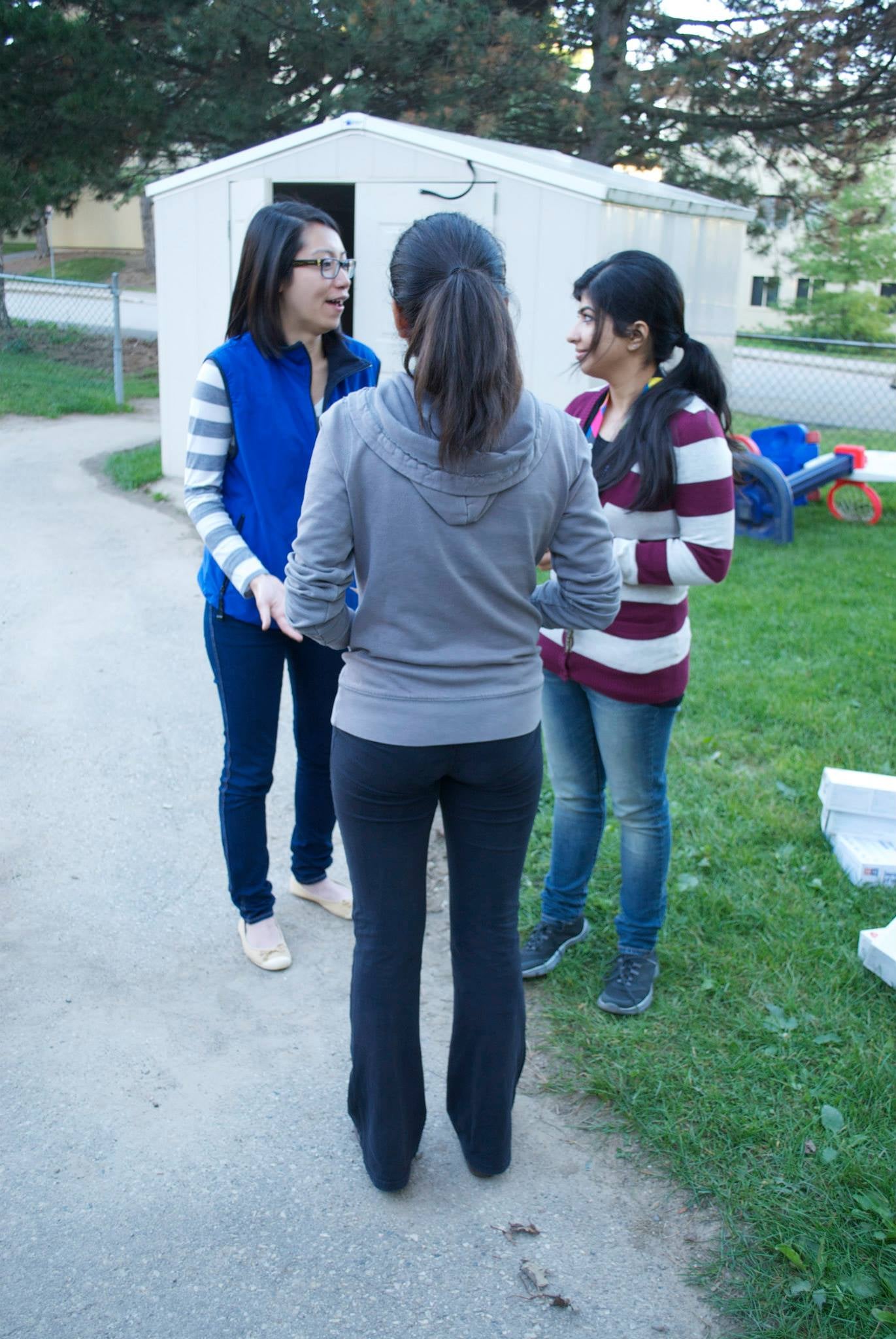
Written by Yuna Chen (BSc '14)
"Did
you
eat
yet?"
That
was
my
mother’s
way
of
telling
me
she
cared
(and
to
make
sure
I
wasn’t
surviving
off
of
ramen
noodles).
Since
my
family
had
no
university
experience,
my
meals
became
a
familiar
conversation
topic.
As
a
first-generation
student,
navigating
the
pressures
to
succeed,
financial
barriers,
and
family
obligations
made
the
transition
to
university
more
difficult
than
I
expected.
I
felt
overwhelmed,
anxious,
and
alone.
As an upper-year student, I never wanted another student to feel the way I did. My role as a Residence Life Don gave me the opportunity to listen to the stories of my students. Stories of perseverance, resilience, and grit as they were trying to figure out this new chapter in their life. But it was the story of one student, in particular, who was struggling with their mental illness that motivated me to join the President’s Advisory Committee on Student Mental Health (PAC-SMH). As an American student, the distance away from their social support networks, and difficulties with adjusting to the Canadian curriculum left them feeling hopeless. Our weekly chats and referring them to Counselling Services felt like a reactive response that was not enough. I luckily had the help of the Residence Life staff to help find the student the appropriate supports.

That student’s story reminds me that we have a lot more work to do. Within 2016, 61.9% of surveyed UW students felt hopeless, 73% of students felt very lonely, and 44.5% of students felt so depressed that it was difficult to function1. As a PAC-SMH panel member, I hope we develop recommendations that take a whole systems approach and proactively promote mental wellness. Where students can realize their own potential, cope with the normal stresses of life, work productively, and make a contribution to their community2. Whether it’s embedding health in all institutional policies, or adapting existing programs/processes to enable students to equitably access the mental health support they need, I hope we can create a culture shift that promotes students as whole people. That it’s okay to fail, and to ask for help. Enabling students to persevere through the stresses associated with a competitive academic environment and co-operative education can help them build the capacity to rise above their situation, whatever that situation may be now and in the future.
Creating these supportive environments will require the collective effort from everyone on campus, and building on the strengths of this university. One of the main strengths at the University of Waterloo lies within our students, faculty, staff, and administrators. I hope the PAC-SMH meaningfully engages all campus members and uses participatory approaches to enable the voice of our students to be reflected in the recommendations. Through our shared motivation for connecting students we are concerned about to the right resources/supports, we can enable them to have the help they need before their difficulties become too overwhelming. Here’s to our journey of reminding students that they are not alone and that it’s okay to not be okay.
References:
- American College Health Association. American College Health Association-National College Health Assessment II: University of Waterloo Executive Summary Spring 2016. Hanover, MD: American College Health Association; 2016.
- World Health Organization. (2017). Mental health: a state of well-being. Retrieved from http://www.who.int/features/factfiles/mental_health/en/